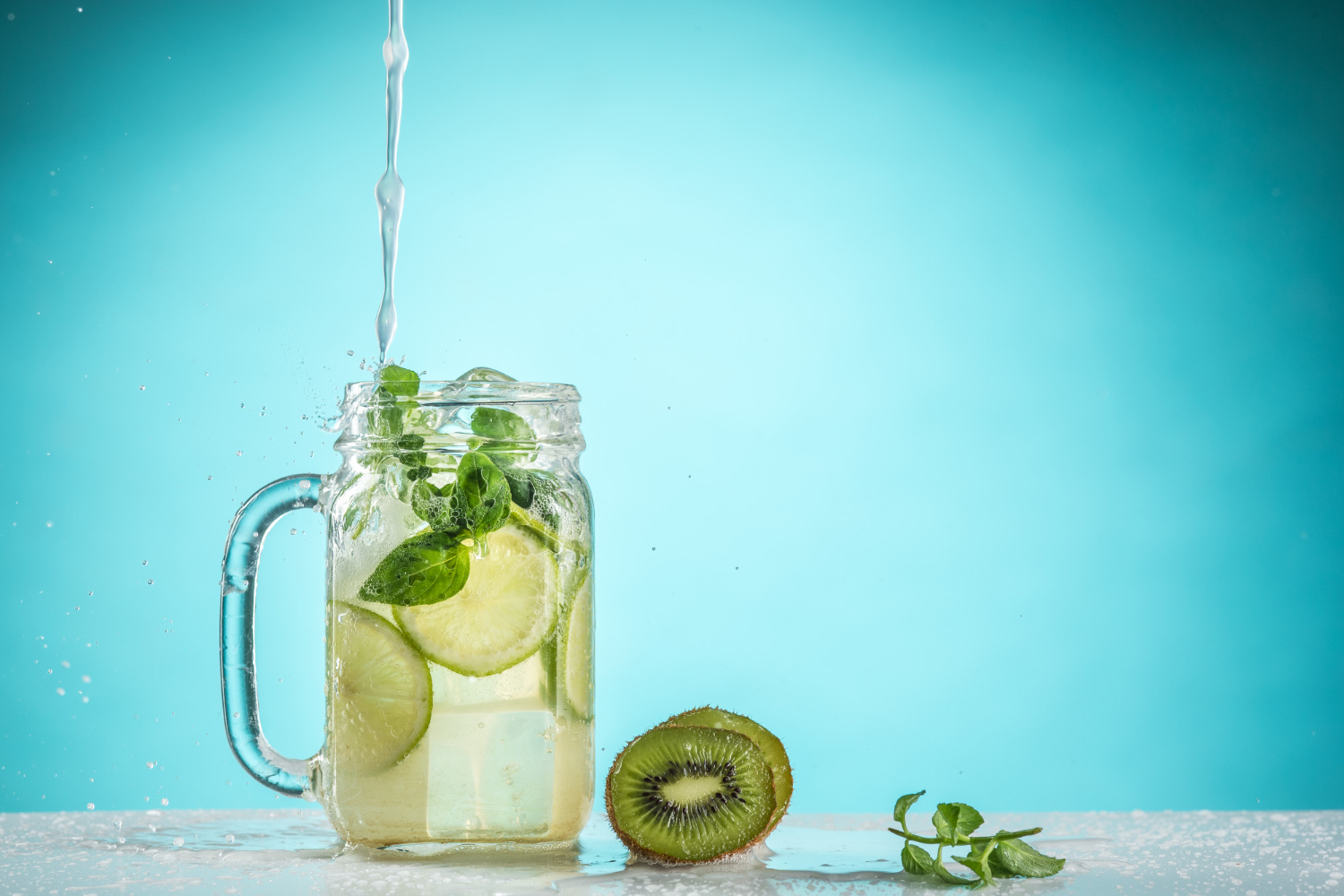The Benefits of Electrolytes for Endurance Athletes

Endurance athletes push their bodies to the limits and require special nutrition to fuel their bodies during training and competition. Electrolytes are an essential part of this nutrition, and their benefits cannot be overstated. In this article, we will discuss the benefits of electrolytes for endurance athletes and how to incorporate them into your diet.
Quick Takeaways
- Electrolytes play a crucial role in the performance of endurance athletes, helping to regulate hydration levels, maintain proper body functioning, and support energy production.
- Endurance athletes can obtain electrolytes from various sources, including food, drinks, and supplements.
- The most important electrolytes for endurance athletes are sodium, potassium, magnesium, and calcium.
- It is essential for endurance athletes to maintain a balance of electrolytes in their body to avoid electrolyte imbalances that can have severe effects on the body.
- Electrolyte replacement during endurance activities lasting longer than 60 minutes is crucial to maintain fluid balance and energy levels.
- Symptoms of electrolyte imbalances include muscle cramps, weakness, fatigue, and even heart failure.
- Endurance athletes should aim to have a balanced intake of electrolytes through their diet, drinks, and supplements.
What are Electrolytes?
Electrolytes are minerals that carry electrical charges in the body. They help regulate nerve and muscle function, hydration levels, pH balance, and blood pressure. Some of the most common electrolytes are sodium, potassium, magnesium, and calcium.
Importance of Electrolytes for Endurance Athletes
Endurance athletes require a lot of energy to maintain their performance levels. This energy comes from glycogen stored in muscles and liver, which is converted into glucose. However, glucose requires electrolytes to be transported into the cells for energy production.
a. Hydration
Electrolytes play a crucial role in hydration by regulating the body's water balance. During exercise, athletes lose a lot of fluids through sweating, and this can lead to dehydration. Dehydration can cause muscle cramps, fatigue, and decreased performance. Electrolytes, especially sodium and potassium, help retain fluids in the body and prevent dehydration.
b. Maintaining Proper Body Functioning
Electrolytes are also essential for maintaining proper body functioning. They help regulate heart rhythm, nerve impulses, and muscle contractions. An imbalance of electrolytes can cause muscle weakness, cramps, and even heart failure.
c. Energy Production
As mentioned earlier, glucose requires electrolytes to be transported into the cells for energy production. This means that electrolytes play a crucial role in providing the energy required for endurance activities. An electrolyte imbalance can lead to decreased energy levels and decreased performance.
Common Electrolytes for Endurance Athletes
Endurance athletes require specific electrolytes in their diet to support their energy levels and performance. The most common electrolytes for endurance athletes are:
a. Sodium
Sodium is the most important electrolyte for endurance athletes. It helps regulate fluid balance, maintain blood pressure, and support nerve and muscle function. Endurance athletes lose a lot of sodium through sweat and need to replace it through their diet.
b. Potassium
Potassium helps regulate fluid balance, maintain blood pressure, and support nerve and muscle function. It also plays a role in converting glucose to glycogen for energy storage.
c. Magnesium
Magnesium helps regulate nerve and muscle function, maintain heart rhythm, and support bone health. It also plays a role in energy metabolism and muscle contractions.
d. Calcium
Calcium is essential for bone health and muscle function. It helps regulate heart rhythm and supports nerve function. Calcium is also important for energy metabolism and muscle contractions.
Electrolyte Imbalance and its Effects
An electrolyte imbalance can have severe effects on the body, especially for endurance athletes. An imbalance can cause muscle cramps, weakness, fatigue, and even heart failure. Endurance athletes need to maintain a balance of electrolytes in their body to avoid these effects.
Sources of Electrolytes for Endurance Athletes
Endurance athletes can obtain electrolytes from various sources, including:
a. Food
Many foods contain electrolytes, including fruits, vegetables, whole grains, and dairy products. Some examples of foods high in electrolytes include bananas, avocados, spinach, sweet potatoes, yogurt, and almonds.
b. Drinks
Electrolyte-rich drinks, such as sports drinks, can provide endurance athletes with the electrolytes they need during exercise. These drinks contain a mixture of electrolytes, including sodium, potassium, and magnesium, to help maintain fluid balance and energy levels.
c. Supplements
Electrolyte supplements are another way for endurance athletes to obtain the electrolytes they need. These supplements come in various forms, including tablets, powders, and gels.
Electrolyte Replacement During Endurance Activities
Endurance athletes need to replace electrolytes during their activities to maintain their performance levels. They can do this by drinking electrolyte-rich fluids, such as sports drinks, or consuming electrolyte gels or chews. It is essential to consume electrolytes during endurance activities lasting longer than 60 minutes to maintain fluid balance and energy levels.
Conclusion
Electrolytes play a crucial role in the performance of endurance athletes. They help regulate hydration levels, maintain proper body functioning, and support energy production. Endurance athletes need to ensure they have a balanced intake of electrolytes through their diet, drinks, and supplements. Electrolyte replacement during endurance activities is also crucial to maintain performance levels and avoid electrolyte imbalances.
FAQs
Can I obtain electrolytes from natural sources?
Yes, many foods contain electrolytes, including fruits, vegetables, whole grains, and dairy products.
What are the most important electrolytes for endurance athletes?
The most important electrolytes for endurance athletes are sodium, potassium, magnesium, and calcium.
How do I know if I have an electrolyte imbalance?
Symptoms of electrolyte imbalances include muscle cramps, weakness, fatigue, and even heart failure. It is essential to maintain a balance of electrolytes in your body.
Can I consume too many electrolytes?
Yes, consuming too many electrolytes can lead to an electrolyte imbalance and have severe effects on the body. It is essential to maintain a balanced intake of electrolytes.
How often should I replace electrolytes during endurance activities?
It is essential to replace electrolytes during endurance activities lasting longer than 60 minutes to maintain fluid balance and energy levels.






